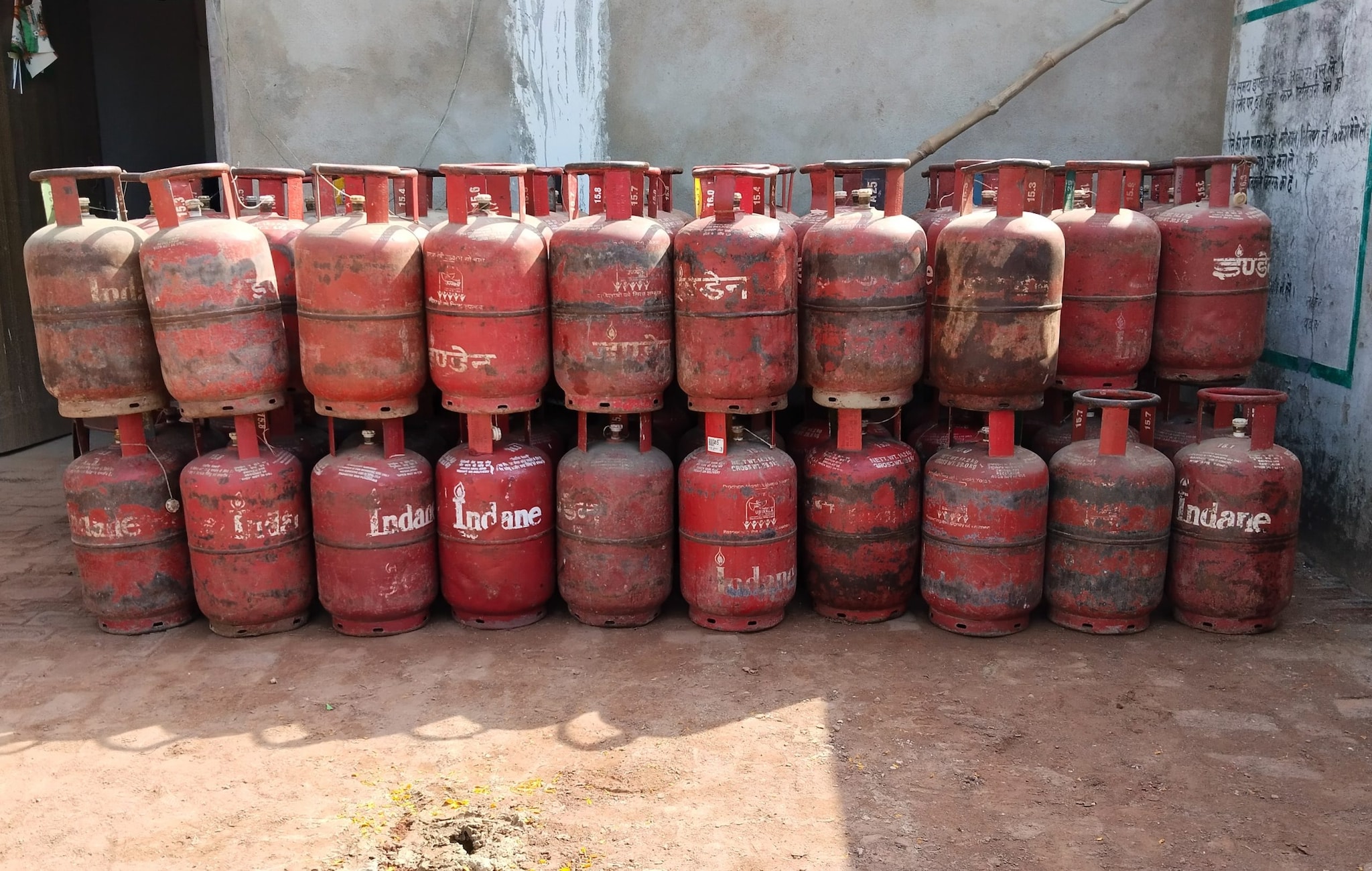Phuket tourism operators submitted a white paper focusing on the Cherngtalay area to the Phuket governor last month, asking for infrastructure improvement to accommodate rising demand in the tourism and property markets. Bill Barnett, managing director of C9 Hotelworks, a hospitality consultancy based in Phuket, said public infrastructure and facilities on the island are lagging constant growth, considering the future pipeline. The Cherngtalay white paper was drafted and proposed by C9 Hotelworks in collaboration with stakeholders in Phuket.
The paper assesses existing conditions and insights for the Cherngtalay area, such as demographics, traffic congestion hotspots and real estate development, including hotel, residences and commercial. As of 2024, there were 3,863 hotel rooms in the Cherngtalay area, with 1,194 new rooms projected to open between 2024 and 2028. As a development hotspot, 18,138 new residential units in 104 projects are expected to be completed by 2035, in addition to the current tally of nearly 14,000 registered residences.

The area already has commercial projects, such as Boat Avenue and Porto de Phuket, while upcoming developments such as Boat Avenue Lakefront could potentially attract retailers such as Ikea, Decathlon and HomePro. Schools in the area are also recording increased enrolment, aligning with population growth. Mr Barnett said these developments put pressure on existing resources and highlights the need for public infrastructure improvements.
The report suggested ramping up infrastructure, such as adopting a floor area ratio system in the city to support higher density development and efficient land usage. With several transport projects underway, including the Phuket Light Rail Transit System that connects the island with Phuket airport, the paper also recommended the authority add bus feeder lines to connect different areas to the rail network. These feeder lines would help reduce the use of private vehicles, which the majority of Phuket's workforce relies on, as well as enhance long-term sustainable tourism goals.
Moreover, the report suggested relocating overhead power and telecom cables underground, allowing for road lane expansion. Developing flyovers and bypass roads at key intersections is also crucial for areas with traffic congestion, such as the police station and Boat Avenue intersection. For sustainable growth, Phuket should also expand the number of green spaces, as well as pedestrian and cycle lanes, noted the report.
.
Business

Phuket operators suggest infrastructure upgrade

Phuket tourism operators submitted a white paper focusing on the Cherngtalay area to the Phuket governor last month, asking for infrastructure improvement to accommodate rising demand in the tourism and property markets.














